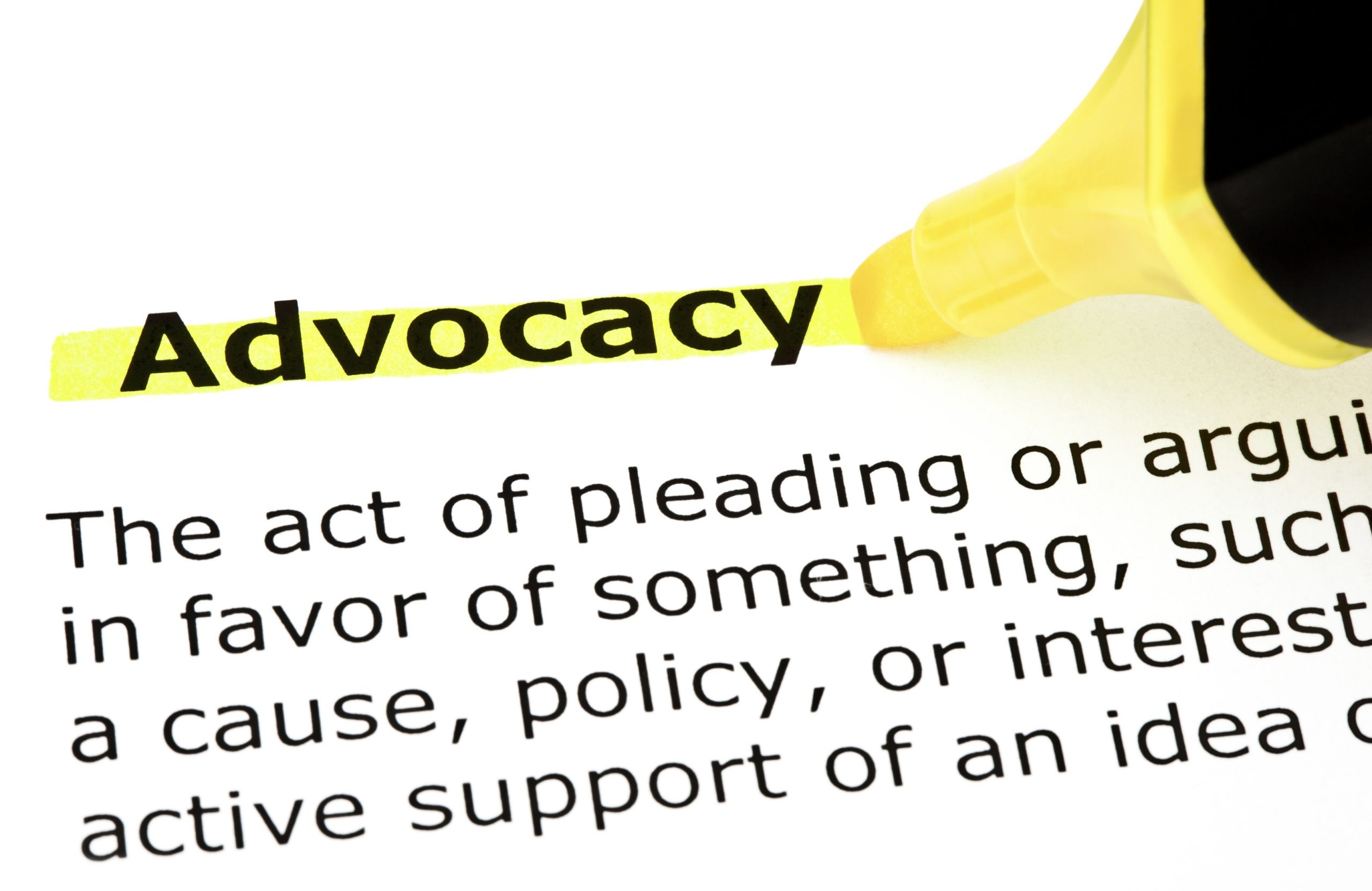
By Yamila García
One of the things I have decided to do this year is to try to advocate for myself in a more efficient way. It has happened to me many times; my attempts to advocate for myself have either failed or depended too much on the goodwill of whoever was on the other side. I tried to think about what had happened, and I realized that many of those times when I should have advocated for myself, I was already doing so from a place of anguish, frustration, and desperation. I was doing it when I needed to, but it is precisely in those moments that I began to lose my ability to function correctly and think properly. So the obvious solution is to advocate for myself before I actually need whatever it is I’ll need; to do it when I still have control of my thoughts, ideas, and abilities, and when I am still able to communicate what I need clearly.
Of course, this brings up the big question of whether I should disclose my neurodivergence or not. However, lately I have tried to focus more on my needs themselves than on the reasons behind them. This way, I can simply say that loud noises make me uncomfortable, or that when I spend a lot of time in an unfamiliar environment, I get tired quickly, without giving any further details. After all, nobody really needs to know why I am this way, and anyone who is kind enough to care about the comfort and well-being of others will never need so many explanations. Now, I only feel the need to disclose my neurodivergence to people I already consider part of my life—people close to me with whom I have created meaningful bonds. Advocating for our needs should be just about that: our needs. Not labels or justifications.